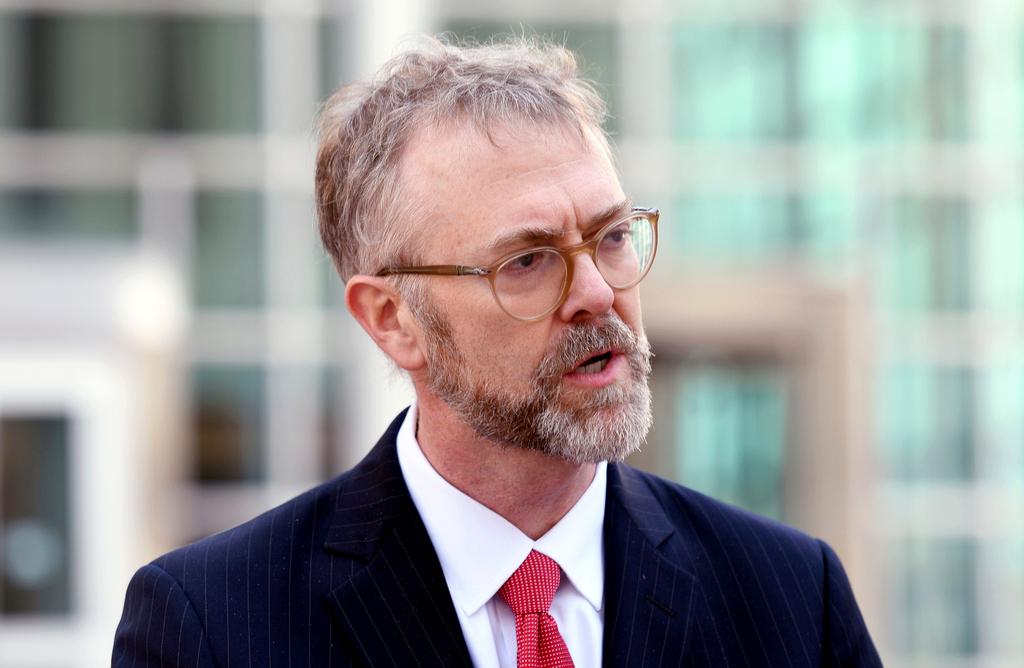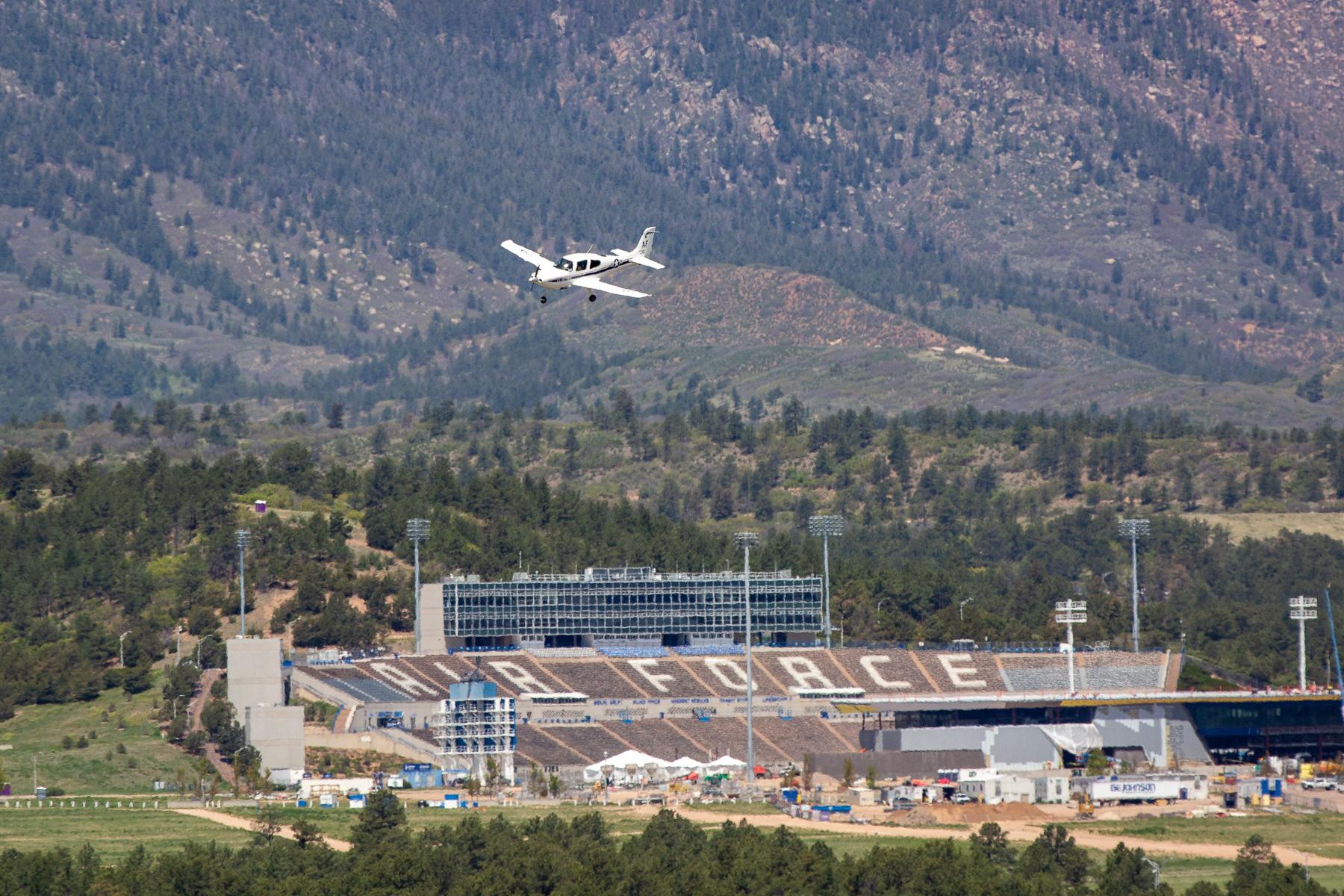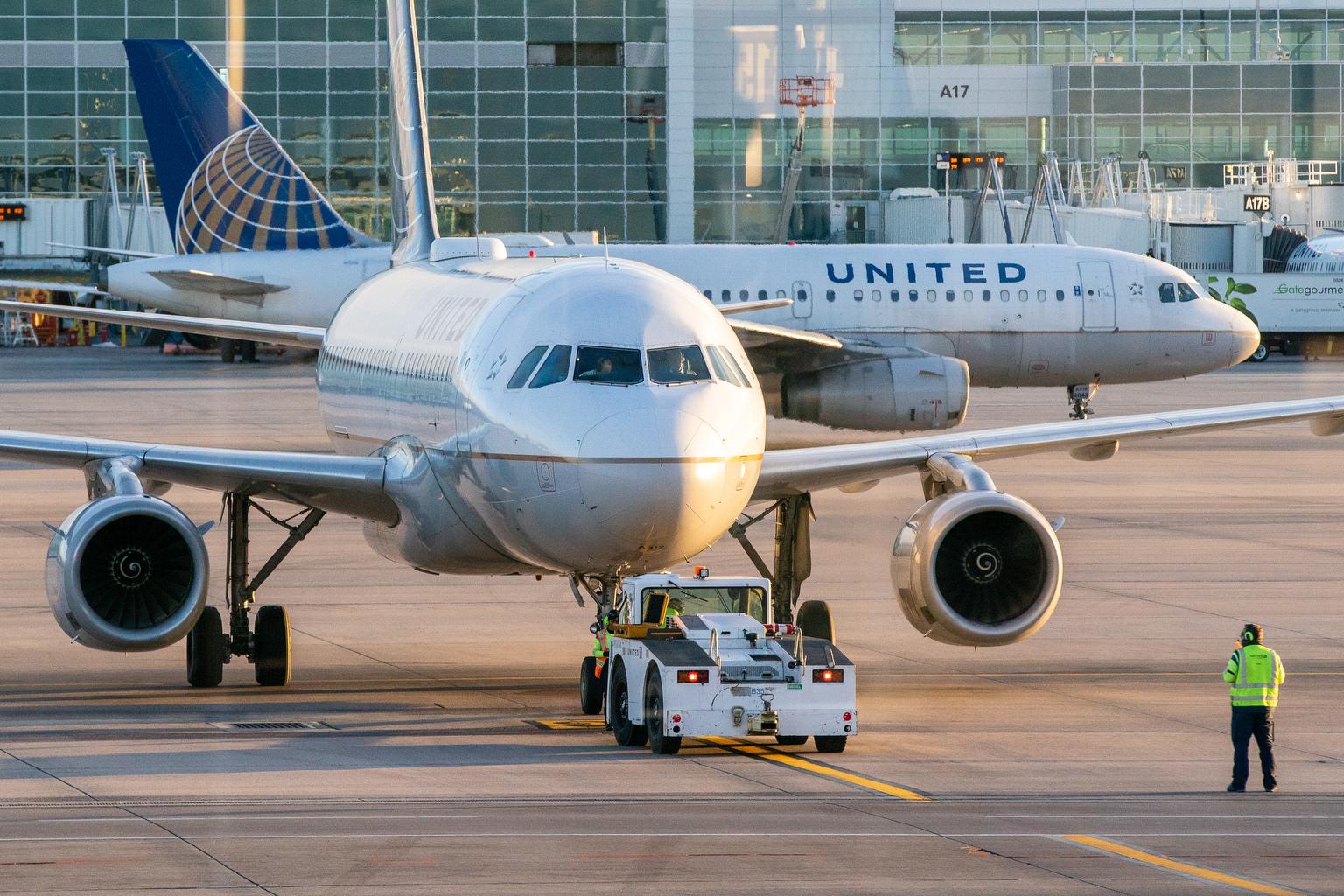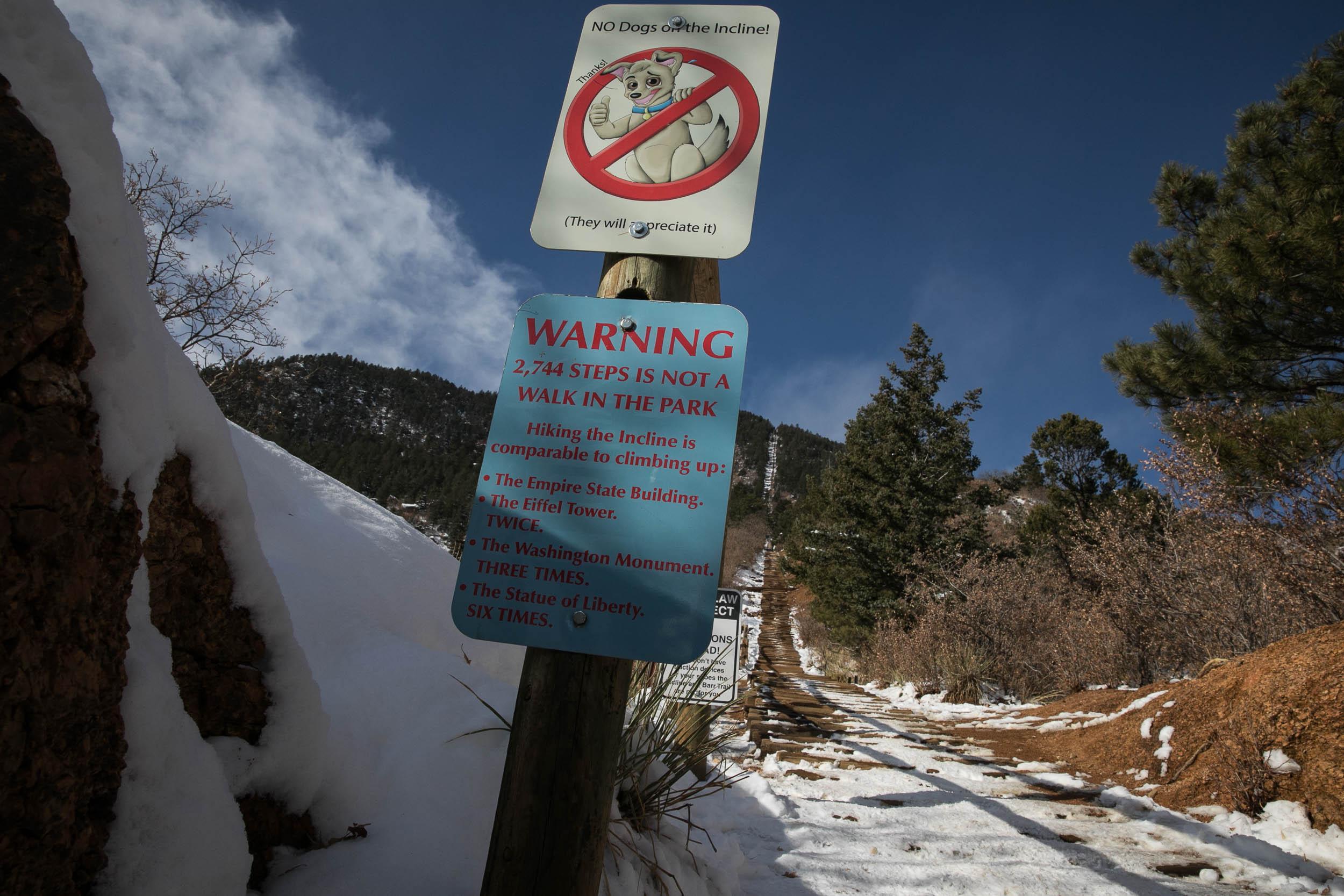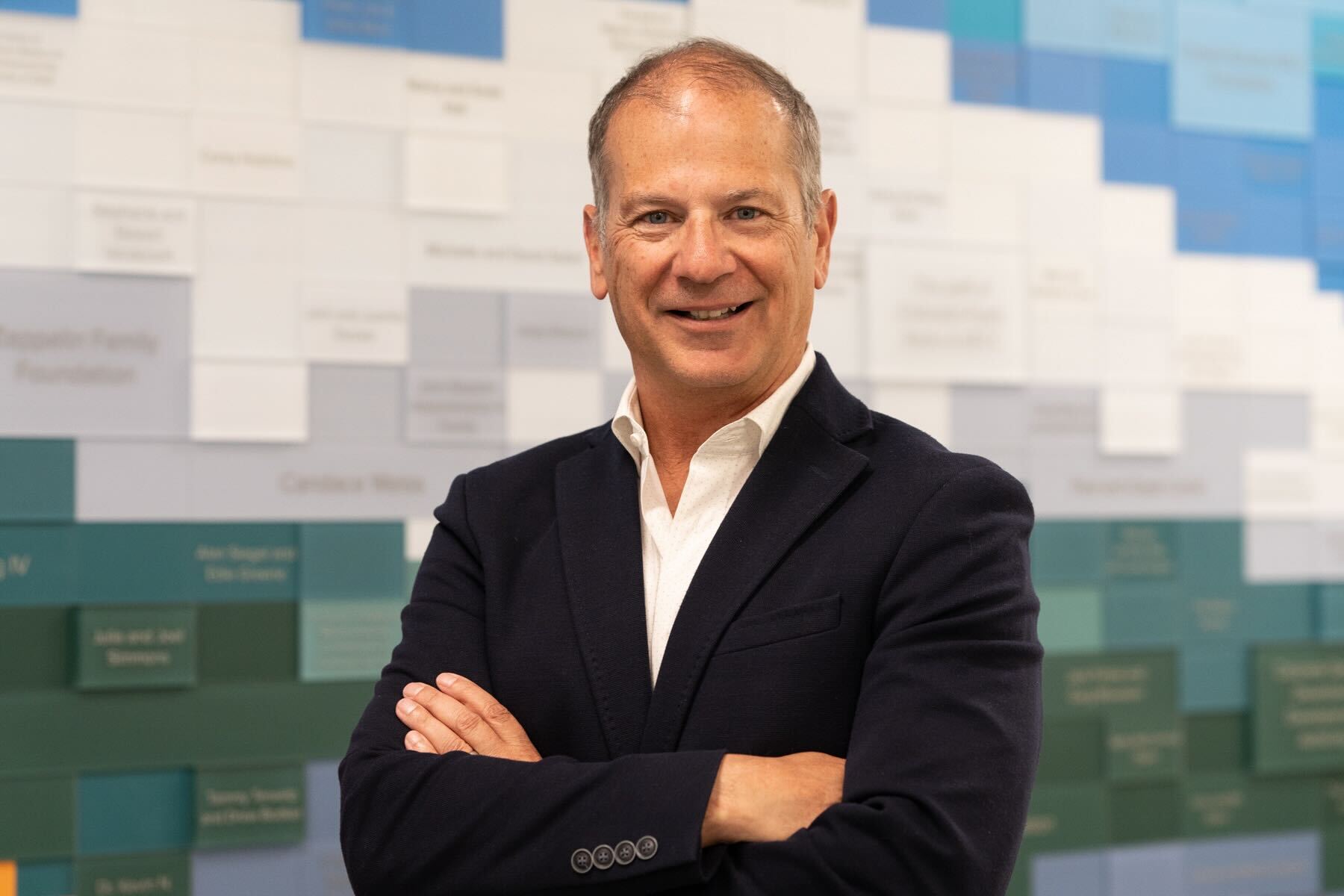
Shortly after a successful membership campaign and even as it builds out a new headquarters, Colorado Public Radio last week announced 15 layoffs. The bulk of them come from CPR’s podcast unit – dubbed The Audio Innovations Studio. It produced podcasts including Back From Broken, ¿Quién Are We?, and Music Blocks. The remainder of the layoffs came from CPR’s production and music services.
The newsroom was unaffected and is, in fact, actively hiring. CEO Stewart Vanderwilt tells Colorado Matters Senior Host Ryan Warner that podcast production will continue under the news banner. The contraction is both a realignment and a move to bring CPR out of the red at a time when revenue and radio listening are softening.
To avoid conflicts of interest, no senior leaders at Colorado Public Radio were involved in this interview and article.
The following transcript was edited for length and clarity.
Ryan Warner: You specifically spared CPR's News Department. Why?
Stewart Vanderwilt: I think it's essential that we focus on what's our North Star, and that is CPR being a home institution for news for all of Colorado, at a time when the need for fact-based, science-grounded, thoughtful news is more important than ever, and many sources are diminishing. This is a role that we've been growing into, and it's a role we need to continue to grow into.
Warner: I suppose the answer is patently obvious, but did it require these layoffs to protect news?
Vanderwilt: No, that's not the purpose of doing what I would say is sort of a strategic restructure. It's to focus the organization on our primary role, and that is being a journalistic institution for our state.
Warner: Is CPR in the red or the black?
Vanderwilt: Oh, we're in the red this year, and we were in the red last year. We're working our way towards a balanced budget. Not unusual in media today, certainly not in public media. I feel that the moves we made last week put us on that path.
Warner: I hear you saying that this is both mission-driven, a kind of realignment to put a greater emphasis on news, but this is also about saving some money.
Vanderwilt: Yes, and the hardest thing for mission-driven organizations to do is to stop, to pause, to reassess, because we're so focused on our day-to-day work and the demands of serving our constituents. Our financial situation caused us to stop, pause, reassess, and – using our North Star as a news organization – to look at everything that we're doing, and determine whether or not it's supporting that primary objective.
Warner: CPR just finished a membership campaign, what many know as a pledge drive, and one I understood was successful. How should a donor feel who may have just given $10 a month?
Vanderwilt: That their gift is more important than ever, that it's essential we have the support of the audience that relies on any of our services, to not only sustain them, but to help us get on a growth path again.
Warner: You've mentioned CPR News so far, and you just said ‘on any of our services.’ Is music– are Indie 102.3, CPR Classical– safe?
Vanderwilt: They're essential to our overall service in a couple of ways. One, I have to admit, we get burnt out on the news every now and then, and it's important to have an area of escape, but one that is also connecting you with our community. These services provide that essential role. They also drive people to become donors. They help sponsors connect with audiences. The revenue that is derived from those services help not only support Indie and Classical, but they support the entire organization.
Warner: What economic, maybe even social forces, led to the current climate? Help us understand why CPR is in the red, not the black.
Vanderwilt: There's a couple of things. One, we were on a consistent growth path that pretty much stopped in 2023. The dynamics impacting CPR are impacting other media organizations, in some cases, more severely. One of them specifically is sponsorship that comes from national organizations. We saw a 40% drop in the amount of sponsorship that comes to CPR from, like, a nationwide bank or an airline.
Those types of sponsors, mostly placed through an arm of NPR, have really pulled back. There's so much pressure in the corporate world to deliver an instantaneous return. Those sponsor dollars are shifting very much direct-to-audience– so the ad that pops up on your Facebook feed or Instagram, and moving away from more traditional media, such as public radio.
Warner: Of course, there's CPR.org, so it's not that CPR doesn't have a website that could be monetized.
Vanderwilt: Yeah, but we're not going to put an ad at CPR.org that you have to click through before you can see the content.
Warner: How are ratings? Are people listening to public radio like they used to?
Vanderwilt: They're not. Radio in general is being challenged by a shift to on-demand listening and other sources. CPR's ratings have been at a peak before, probably in about 2020. CPR is the most-listened-to news station in Denver, and that's a really important place to be.
Warner: But the pie is smaller.
Vanderwilt: But the pie is getting somewhat smaller.
Warner: CPR's Audio Innovations Studio is the outfit that produced podcasts like Back From Broken, ¿Quién Are We?, Music Blocks, and My Story So Far. So that is now closed entirely. Is CPR moving away from podcasts?
Vanderwilt: No. We are shifting our focus to news-based podcast products–- and I would say at the intersection of news and long-form storytelling. There's a couple of reasons for that. One, it's where we have a very specific strength. Two, we have a lot of the base material in original news that we've produced, which can then be used in a podcast or on-demand type project.
Warner: This is stuff that's feeding terrestrial, appointment radio that could be repackaged to reach people where – and when – they are.
Vanderwilt: Yeah, and to create what I would say is a habitual listening relationship – like we have on the radio. Radio fits into our lives because it fits into our lifestyle. You wake up to it, you listen to it on your commute, and that kind of thing. Well, lifestyles are changing, and we need to also be there with our own content, our own news content, on the device and at the time at which people want them. We're going to put more resources towards CPR News being able to deliver news-based information and podcasts in other forms.
Warner: Would you imagine a daily podcast like NPR’s Up First?
Vanderwilt: I don't know what comes first. I think the team needs to work on that. I'm not pandering to you or to this show, but Colorado Matters generates more podcast downloads than anything else we offer.
Warner: I'm not going soft on you in the back half of this interview, Stewart!
Vanderwilt: There's an opportunity, but let me also say, though, the podcast version of Colorado Matters has not been optimized for that type of listening.
Warner: I agree.
Vanderwilt: There's an opportunity. There's a million downloads to Colorado Matters as a podcast. There's 130,000 or so downloads to Purplish, which is an occasional program. Both of these come from the source material that CPR has created originally.
When we go out to create a podcast fresh– where we have to create all of the source material for a future podcast– the time and labor that takes is much greater than being able to use material that we already have on hand.
Warner: What other changes might listeners notice?
Vanderwilt: I think we'll be looking at our national program schedule, which we always do on a regular basis.
Warner: Something a lot of folks don't know is that CPR pays to carry national shows. You might think Morning Edition pays us. Au contraire!
Vanderwilt: Yeah, over $2 million a year in national programs.
Warner: I cite Morning Edition only as an example.
Vanderwilt: Right, yeah. This is a good investment, but we also have to look at, ‘is each program that we're airing, is it additive to the audience experience?’ We'll certainly review all of those. We do a regular reset of that anyway, but I think we will be looking at it even harder.
Warner: CPR announced in August that it had purchased a new Denver headquarters in Capitol Hill– $8.3 million – covered entirely by a donor. But it will need millions more in renovations to make it an audio and digital production facility. Why invest in bricks and mortar over people at this point?
Vanderwilt: I think that's a false comparison. One is for the other. Ultimately, we want to create a place that excites not only our staff, but brings the community directly into the experience, reunites our staff from two different locations in the Metro area. This was a generational opportunity to be able to purchase a building without debt, in a neighborhood that puts us in close proximity to the Capitol, and has the capacity for what CPR is today and how we may grow into the future.
Ultimately, when it's finished, our operating costs actually become less, because we're not maintaining two separate locations, one we rent, where the newsroom is today, and then the maintenance on a facility in Centennial, where we're doing this interview today.
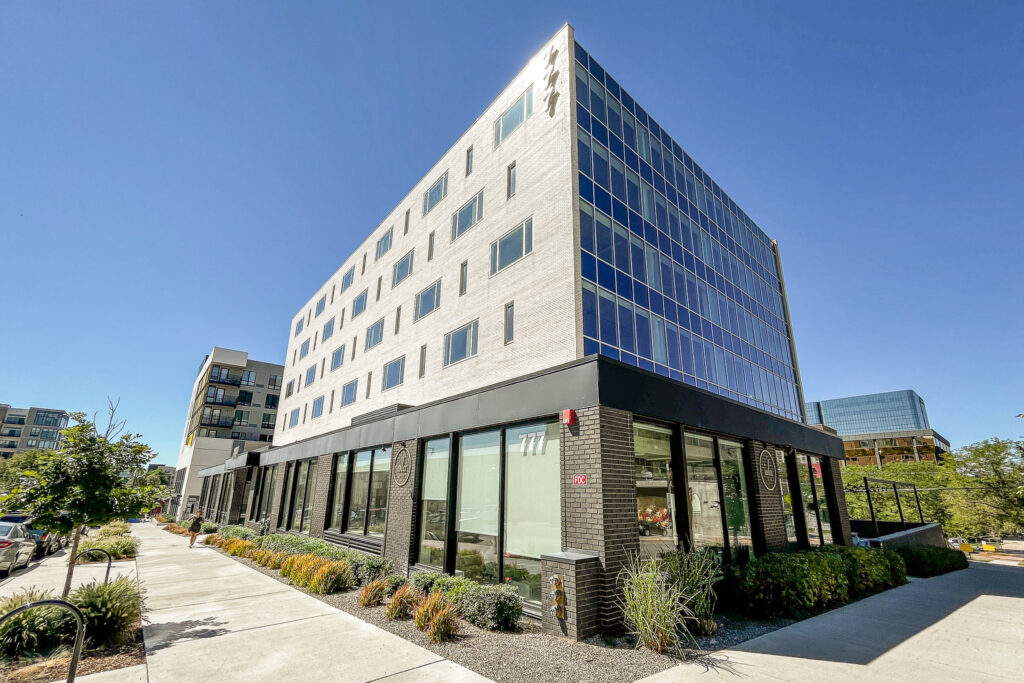
Warner: Have you made mistakes that led to this moment? Is there anything you'd do differently?
Vanderwilt: As I said earlier, it's really hard for mission-based organizations to pause.
Warner: Of course, organizations are collections of people, and those people are led by you. Was it hard for YOU to pause and say, ‘We're going too fast?’
Vanderwilt: Absolutely, yeah. No, I wouldn't say that we're going too fast. It's hard to pause and look at something critically and decide to make a change. I feel we should have done that sooner, and I own that.
Warner: Economic forces, to some extent, forced your hand, made you see that, and act faster than you might have.
Vanderwilt: Yeah, and the thing is, we should do it always, regardless of economic forces. We should be looking at, ‘are these investments delivering the mission impact that we're trying to achieve?’ Economic forces shine a brighter light on it, but as organizations, it should be something that we're doing on a continuous basis.

